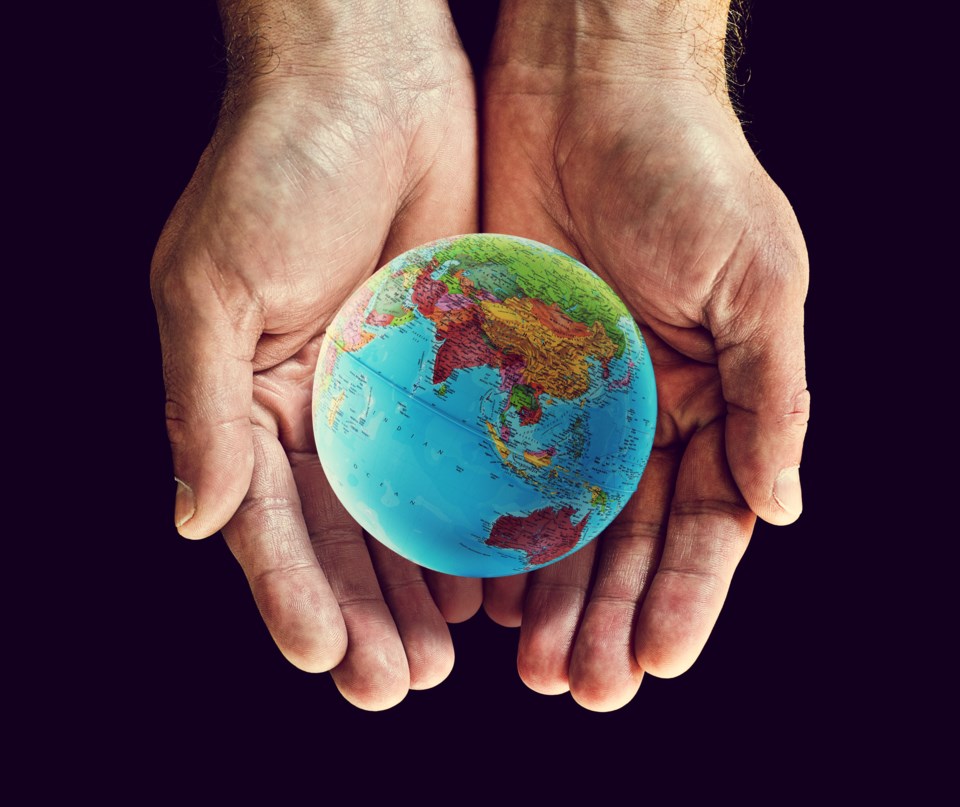As a citizen, sometimes I make choices that are not good for the environment. And at times, the option to do better is not available. Mainly because of the different entities I'm involved with daily, these organizations need environmentally sustainable programs with a well-built implementation. Unfortunately, the lack of support from government usually keeps everybody else in limbo from protecting and appreciating our beautiful earth.
How will all living organisms stay alive if we keep polluting and destroying our environment? If, sometimes, you feel helpless, guilty, and even hopeless about your daily contributions and actions concerning climate change, you are not alone. We can all do something about it and reduce our greenhouse gas (GHG) footprint. I advocate starting with an idea or a conservation issue, planning the conservation program, and executing the plan.
Climate change and the mitigation of greenhouse gases have become the top priority worldwide, from the United Nations to countries to governments and individuals. At the United Nations level, an international policy --the Kyoto Protocol – was born in 1997. This treaty included countries from all over the world coming together and "legally binding" to a contract that asked each party nation to reduce the number of GHGs.
Following the Kyoto Protocol, the Paris Agreement Treaty in 2015 emerged. In addition, the Paris Agreement has a five-year cycle review, assessing what countries have done regarding climate action, and the next cycle meeting will occur in 2025. Alarmingly, climate change is a complex and challenging state of affairs for all entities.
But what other actions have all these organizations pursued, from the United Nations to the individual, so far? Primarily, they have introduced us to terms like carbon markets, carbon credits, carbon offsetting, and carbon tax. In addition, these programs exist in some countries, and these terms are critical to learning. What can students and citizens do to decrease their GHG footprint? Start small and forge ahead.
The first proposition in reducing your GHG footprint will be: begin at home or your university residence: by recycling your items, separate your garbage and your organics waste.
If you don't have a compost program and live at home, talk to your city councillors and be persistent! If you live in the university residence, speak to the resident in charge and the university president. When we get a compost program at the university, I will encourage students and faculty members to volunteer their time to support and keep the program running. The compost program will need volunteers every day, and this is how everyone can invest their time: The compost program will need volunteers to educate others on where and how to separate their garbage and food waste, potentially minimizing the waste that goes into the landfill.
Why would anyone put aside their time and volunteer? You will compensate for your daily negative choices and actions regarding your GHG footprint. No more feeling helpless, guilty, or hopeless; you can now figure out how to compensate for your adverse decisions and actions.
Not only can you volunteer, but you can also obtain a conservation job or create your own conservation/sustainable business and, lastly, donate money to a conservation issue. So, look at your present and future and consider nature's protection in your chosen profession. As David Chang said, "To live well is to cultivate a “mutually-enhancing relationship.”
There are many ways we can help protect our planet; it is our responsibility as citizens.
The United Nations, countries, governments, and individuals can do their part by establishing carbon programs like carbon markets and carbon taxes. But all of us, as students and citizens, can advocate and start projects that will benefit our planet. Our principles are safeguarding and caring for nature simultaneously; our earth will take care of us.
Olga Pickard is a student at UNBC.



